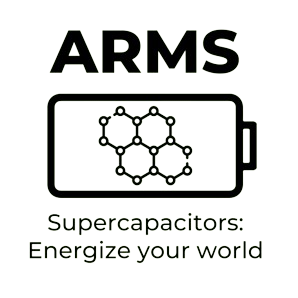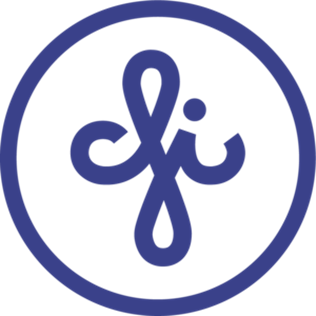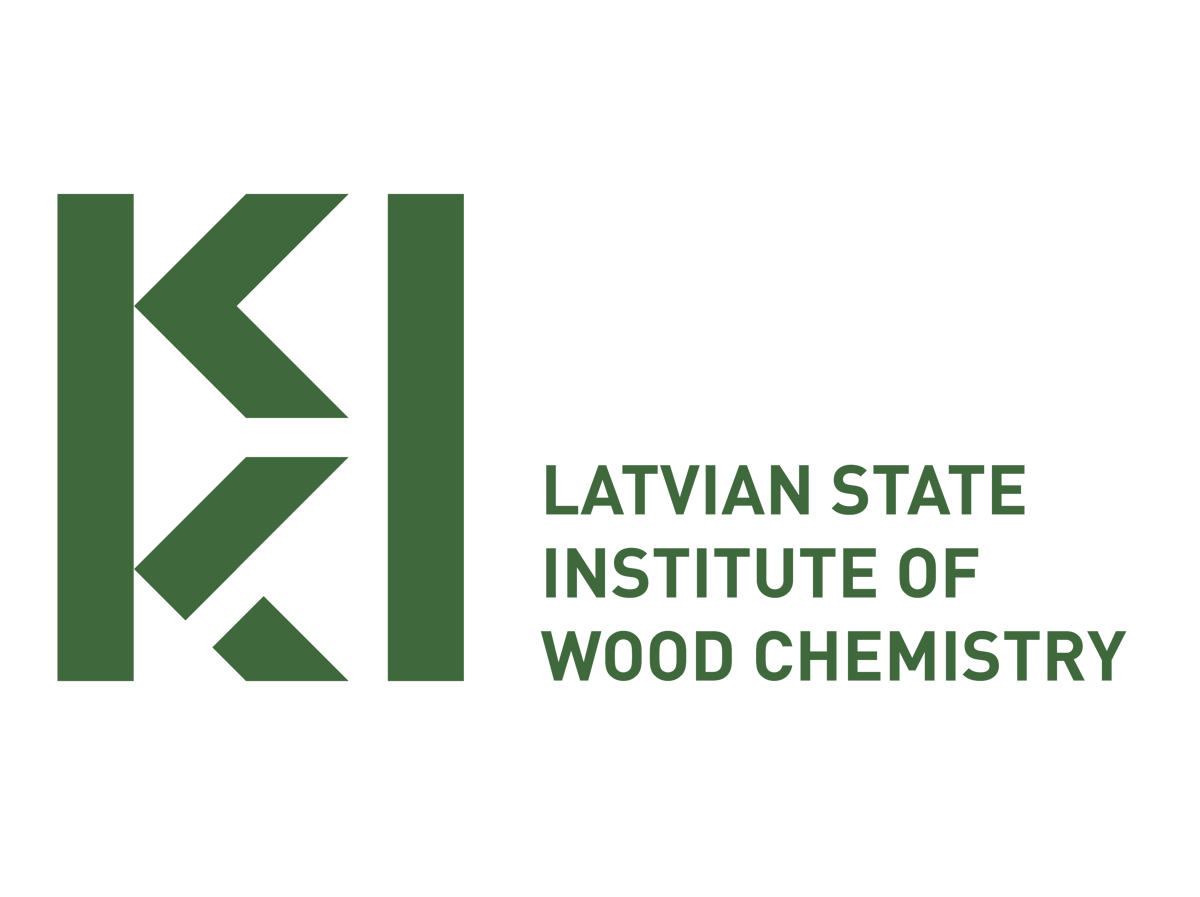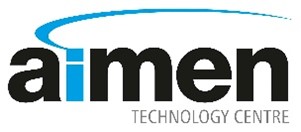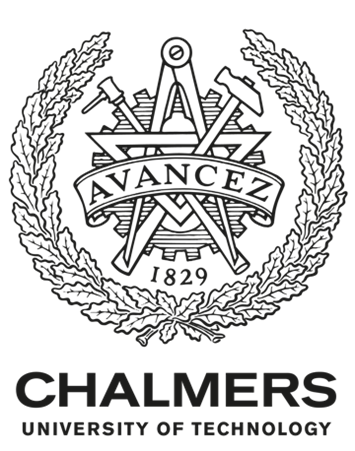1. Tampere University (TAU)
Tampere University (TAU) is one of the most multidisciplinary universities in Finland. It brings together research and education in technology, health, and society. The University is known for its excellence in teaching and research and collaborates with hundreds of universities and organisations worldwide. The university’s community comprises 21,000 students and over 4,000 staff members from over 80 countries.
TAU is the coordinator of the project ARMS. Moreover, TAU Laboratory for Future Electronics (LFE) significantly contributes to the project by leveraging expertise in energy autonomy, sensors, wearable electronics, and hybrid system integration. The laboratory also addresses scalability and cost-effectiveness through low-cost manufacturing methods, including printing technologies. Using state-of-the-art Atomic Layer Deposition (ALD) equipment, the LFE advances the thin-film deposition technique required by the project’s objectives.2. KTH Royal Institute of Technology (KTH)
KTH is a public research university in Stockholm, Sweden. KTH conducts research and education in engineering and technology and is Sweden's largest technical university. KTH education and research covers a broad spectrum – from natural sciences to all branches of engineering plus architecture, industrial economics, urban planning and learning.
KTH contributes its
expertise in printed electronics, graphene/2D materials, micro-supercapacitors,
and competence in graphene ink formulation and supersonic spraying of graphene
coatings.
3. CIDETEC (CID)
CIDETEC is a private
organisation for applied research founded in 1997 that seeks to contribute
value to companies by harnessing, generating and transferring technological
knowledge. Located in the Donostia-San Sebastián site of Gipuzkoa’s Scientific
and Technological Park in Spain, CIDETEC comprises three international
technological reference institutes in energy storage, surface engineering and
nanomedicine.
In the ARMS project, CIDETEC Energy Storage, a research and development organisation specialising in advanced battery technologies, designing, developing and testing future batteries, is involved. Their participation in the ARMS project encompasses mixing at lab and pilot scales, showcasing expertise in material preparation. Additionally, there is adept engagement in electrode coating, demonstrating proficiency in applying functional layers, while calendering highlights precision in shaping materials. Active participation in cell assembly signifies a holistic approach to project execution, reflecting a versatile skill set that contributes comprehensively to the project's success.
4. InnoCell ApS (IC)
The company InnoCell ApS was founded in 2016 with the mission to bring new, groundbreaking supercapacitor technologies to the market. It is a green tech company based in Denmark. InnoCell ApS products are innovative, environmentally friendly, and cost-efficient with top-tier performance. The company has created the most environmentally friendly supercapacitor on the market with exceptional performance, called HyELEC.
Among IC's
contributions to the project is expertise in supercapacitor electrolytes,
materials, and manufacturing. IC also actively participates in R&D,
including experiments and analyses related to supercapacitor materials, cell
and prototype fabrication, and electrolyte formulation and electrochemical
testing.
5. Institute of Solid State Physics, University of Latvia (ISSP UL)
The Institute of Solid State Physics, University of Latvia (ISSP UL) is an internationally recognised leader in materials science and cross-disciplinary topics, conducting competitive research, educating students and offering innovative solutions for industrial needs. Its scientific competitiveness, as well as its research and innovation ecosystem, are enhanced through the Centre of Excellence in Advanced Material Research and Technology Transfer CAMART2 project. ISSP is located in Riga, Latvia.
ISSP plays a role in
the project through its expertise in electrochemical and structural characterisation
of supercapacitor materials. The ISSP’s contributions combine specialised
knowledge, state-of-the-art resources (ALD, SEM, XRD, XPS, TEM, Raman
spectroscopy), and active involvement in communication and dissemination tasks.
6. Latvian State Institute of Wood Chemistry (LSIWC)
The LSIWC is the leading wood science centre in Latvia. LSIWC performs theoretical and applied research on the rational, environment-friendly, low-waste technologies for obtaining competitive materials and products from wood and other plant biomass to produce innovative materials and products with high added value using scientifically advanced technologies.
LSIWC's contribution to the project involves expertise
in activated biocarbons synthesis, doping, and characterisation, focusing on
understanding the porosity, elemental composition, and other relevant
properties. Their long-term experience in the field, particularly in applying
activated carbons for supercapacitors, adds a valuable dimension to the
project.
7. University of Southern Denmark (SDU)
The University of Southern Denmark, with its main campus in Odense, has over 27,000 students and around 4,000 employees distributed across five faculties. SDU has grown into an institution of higher research and education that provides first-class educational opportunities and is a cooperation partner for both public and private businesses and organisations, with a strong focus on societal benefits and global sustainability.
The Life Cycle Engineering section
of SDU’s Faculty of Engineering, Department of Green Technology (SDU LCE)
participates in the project ARMS. It contributes to the project through its expertise in life cycle
assessment (LCA), material flows analysis (MFA), and techno-economics. SDU LCE
excels in systems analysis, encompassing both product and materials. This
capability allows to evaluate the interconnectedness of various elements within
the project, offering insights into how different components influence overall
sustainability performance.
8. AIMEN Technology Centre (AIMEN)
AIMEN Technology Centre (O Porriño, SPAIN), with more than 55 years of history, is currently a national and European benchmark in research, development and technological innovation in the areas of advanced manufacturing and laser manufacturing, digital technologies for manufacturing, smart materials, smart systems and recycling; as well as in the provision of differentiating technological services to the industry in the areas of manufacturing with advanced joining technologies, robotics and process digitisation, a flexible cross-engineering service highly specialised in welding, corrosion, equipment calculation, product simulation and material tests.
R&D&I areas: High-Performance Materials, Flexible Production
Processes & Systems, Robotics & Automation, Laser-Based Manufacturing,
Micro & High Precision Manufacturing, Environmental Technology
9. Beneq Oy (BENEQ)
Beneq is a manufacturer of atomic layer deposition (ALD) equipment and the home of ALD. In 1984, we established the world’s first industrial production using ALD. Today, we lead the market with ALD equipment products for R&D (TFS200, TFS500), semiconductor device fabrication (Transform®, Transform® 300, and ProdigyTM), 3D and batch production (P400A, P800, P1500), ultra-fast spatial ALD (C2R), and roll-to-roll ALD (Genesis). Beneq’s unique Development Service simplifies customer adoption and proof-of-concept for new ALD processes, while its Coating Service cuts down time to market by outsourcing state-of-the-art ALD production. Beneq's engineers and experts are dedicated to making ALD tools accessible to researchers. The company’s headquarters is located in Espoo, Finland.
The
contribution to the project involves several key elements related to research
and development (R&D) equipment, 3D and batch processing, and associated
services. Additionally, there is a focus on technology transfer for conformal
atomic layer deposition (ALD) coating of MnO2 and Fe2O3
onto a roll-to-roll (R2R) spatial ALD processing platform via a transition
through sheet-to-sheet spatial ALD processing.
10. Chalmers University of Technology (CUT)
Chalmers is a highly reputable university located in Gothenburg, Sweden. From this beautiful and dynamic part of the world, CUT has become known locally and globally for education, research and innovation with a wide range of applications in technology and natural sciences. CUT focuses on competence, knowledge and collaboration and contributes to a genuine conversion of society in accordance with CUT’s vision "Chalmers – for a sustainable future".
CUT expertise lies in graphene
surface functionalisation, stable graphene dispersion, pillared graphene,
coating graphene, and growth of vertical carbon nanosheets. The availability of
advanced characterisation tools such as XPS, SAXS, FIB, Atomic probe, and
Operando Raman/XRD (specifically for supercapacitor applications) significantly
enhances the project's capabilities. CUT also contributes to operando
characterisation, providing valuable insights into dynamic changes. The
extensive research experience in using graphene for supercapacitors and
batteries demonstrates a deep understanding of practical applications and
potential challenges in energy storage.
11. Lynxdrone (LD)
Based in Bordeaux, France, Lynxdrone specialises in the R&D of civilian drones for professional use. The company is employing a team of 12 experts with diverse skills, including mechanical and electrical engineering. With a 750m2 facility equipped with cutting-edge manufacturing tools such as 3D printers, Lynxdrone manufactures drones from conception to completion.
Lynxdrone’s contribution to the ARMS project is demonstrating structural supercapacitors in their drones, a step forward in eco-friendly technology. Their capabilities extend beyond drone manufacturing to encompass a profound understanding of battery technologies, including Battery Management Systems (BMS) and hybrid systems
